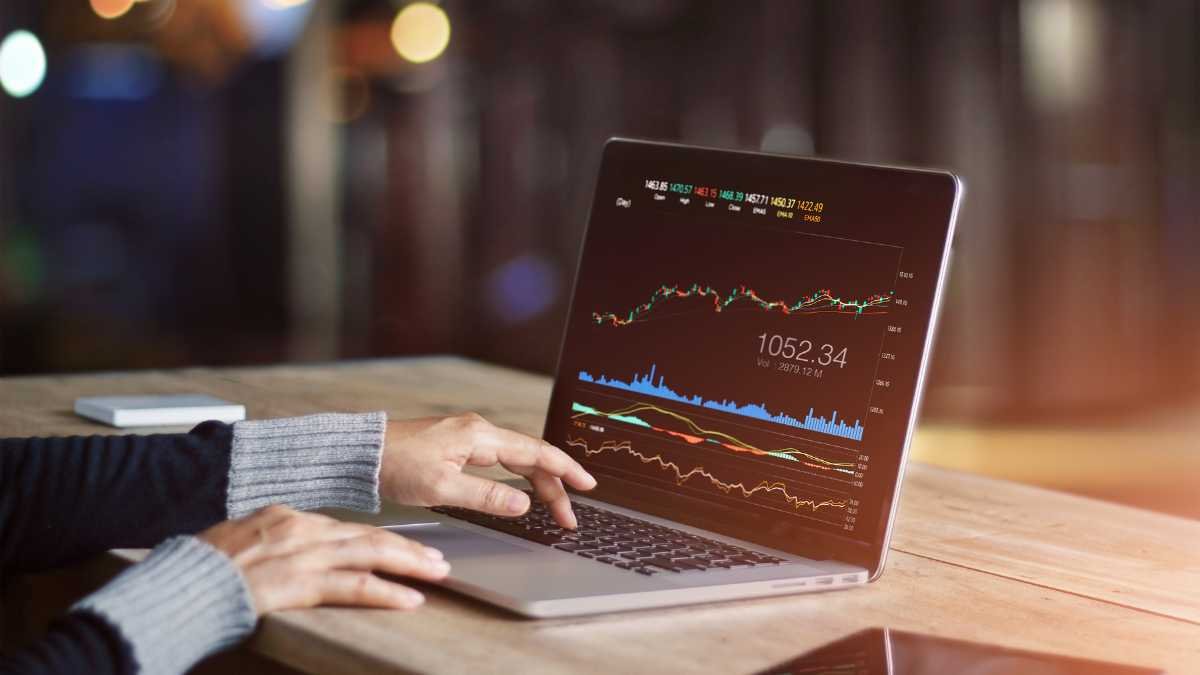Successful traders follow intelligent and well-designed strategies. They study markets and develop sound methodologies based on analyses and facts. Their success, however, also rests on technology—one example is an online trading platform.
What Is an Online Trading Platform?
Online trading platforms are software applications that allow you to execute trades through a networked environment. You can manage market positions, maintain an account, negotiate with offers and access various markets (e.g., currencies, stocks, or futures). Some more sophisticated systems feature strong authentication mechanisms, robust security infrastructure and encryption to safeguard your trades.
You can do everything you need through online platforms to create a sound trading plan. You can execute and manage trades using real-time information from news feeds, historical financial data and technical analysis tools from anywhere in the world.
These platforms have revolutionised investing, opening new investors’ access to financial markets and trades. As such, you’ll have a variety of platforms to consider. The global market growth projection is $16.71 billion by 2032 from $10.15 billion in 2024, which means more cutting-edge features that respond to user demand.
How to Choose a Trading Platform

Trading platforms come in two types: commercial and proprietary.
Commercial platforms are easy to use since they’re designed for retail investors (i.e., investors who trade in small quantities) and day traders (i.e., traders whose goal is to make a profit within a day). On the other hand, proprietary platforms are developed for large brokerages and are not accessible to the public.
When choosing your commercial trading platform, weigh the following factors.
- Identify your goals and needs as an investor
Every trader has different trading requirements. It follows that the platform you use must match your trading needs. Will the trading platform allow you to trade, for instance, crypto and futures? Is the platform suitable for day traders, providing price levels, volume and order size?
If you’re a beginner online trader, look for platforms with an easy-to-use interface, education sources and customer support.
- Learn more about the features
Now, look closely at the features on the trading platform. Examine the following features:
- Data feeds – let you get up-to-the-minute information, such as price quotes, bid and ask prices, trade volumes, etc.
- Charting tools – allow you to evaluate patterns, triggers, and signals and interpret those indicators.
- Order management tools – let you execute and track the progress of your orders.
- Customisable alerts— You can set and adjust alerts based on indicator parameters and price, giving you market visibility.
- Technical analysis tools – allow you to evaluate valuation, growth potential, financial performance and risk factors of the asset you’re considering or trading.
- Scanning tools – give you access to new trading opportunities based on your criteria
- Mobile compatibility – presents convenience, letting you walk away from your desktop or laptop. You can execute and monitor trades on-the-go.
When considering the software, think about the platform functionality and support accessibility, no matter what type of trading you do. This way, you ensure uninterrupted trades based on well-informed decisions.
Other features to look for are hot keys (for faster trading calls), Level 2 quotes (if you’re a day trader) and options trading tools (if you’re implementing an options strategy).
- Check the broker’s reputation
Once you’ve narrowed your list, ensure the financial institution or broker behind the trading platform has a good reputation. The brokerage must be recognised by a financial market regulator. In the US, it’s the Securities and Exchange Commission; in the UAE, it’s the Securities and Commodities Authority; and in the UK, it’s the Financial Conduct Authority.
- Find out about the requirements necessary to trade
Some trading platforms limit traders by ensuring they meet eligibility requirements. One of the basic requirements is meeting the minimum equity in an account, or what you must deposit to start trading.
Find out if the types of trades you’ll be doing also require approval before trading. You may be interested in exchange-traded funds (ETFs) for their diversity, but the platform may require you to have executed several ETFs prior to trading on the platform.
- Consider the fees and commissions from each platform
Some electronic trading platforms have zero commissions, whereas others have zero account fees for a limited volume of trades. Then, some platforms charge a certain percentage for balances beyond the minimum balance. In all, fees and commissions will vary depending on the investment vehicle.
When reviewing the platforms, find out if the broker behind them charges trading activity fees, regulatory transaction fees, or advisory fees. You’ll want transparency regarding the platform’s fee structure.
Although you could opt for a platform with affordable fees, consider the functionality and support accessibility that may be sacrificed.
Research, financial advice and the right platform can put you on the right track to online trading. Learn as much as you can, stay informed about the assets in your portfolio, and you’ll arrive at intelligent, well-designed strategies as a trader.












